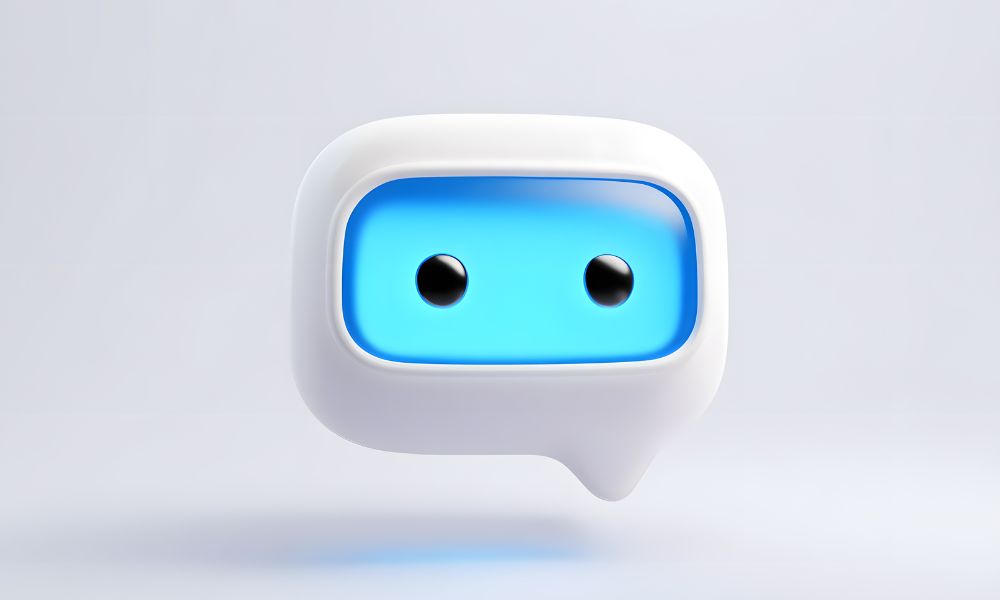Introduction
Chatbots have become a key component in digital marketing and customer engagement strategies. In 2025, businesses are using intelligent chatbots powered by artificial intelligence (AI) and machine learning to personalize user interactions and streamline lead generation. These AI-driven systems analyze customer behavior, preferences, and data patterns to deliver targeted experiences that convert visitors into lead generation chatbot.
Understanding Chatbots in Lead Generation
A chatbot is an automated conversational tool that interacts with users in real time. Modern chatbots use natural language processing (NLP) and predictive analytics to understand user intent and provide context-based responses. In the lead generation process, chatbots perform functions such as greeting visitors, answering questions, collecting contact details, and qualifying prospects based on predefined criteria.
AI chatbots are now capable of adapting to user responses dynamically. They analyze conversation history, location data, and website activity to create a personalized engagement path for each visitor. This personalization increases user retention rates and improves the accuracy of lead qualification.
How Chatbots Personalize the Lead Generation Journey
Chatbots personalize the lead generation journey through data collection, predictive insights, and contextual interaction. When users visit a website, the chatbot gathers essential data such as demographics, browsing behavior, and purchase intent. Using this information, it tailors its questions, tone, and offers to match the visitor’s profile.
- Personalized Greetings and Recommendations
Chatbots use stored data or cookies to identify returning users. This allows them to greet visitors by name and reference past interactions. For example, an e-commerce chatbot can suggest products similar to what the user previously viewed or purchased. Personalized messages build trust and enhance the user experience. - Intelligent Lead Qualification
Traditional forms often require users to fill multiple fields, which can lead to high bounce rates. Chatbots simplify this process by engaging in short, interactive conversations. They ask questions that qualify leads automatically based on parameters such as budget, location, and service interest. This ensures that sales teams receive only high-quality leads. - Behavior-Based Automation
Chatbots track user behavior such as time spent on specific pages, clicks, and navigation patterns. They then trigger relevant messages or offers at the right moment. For example, if a visitor spends over 60 seconds on a pricing page, the chatbot may offer a discount or connect the visitor to a sales representative. - Contextual Follow-Ups
AI chatbots integrate with customer relationship management (CRM) systems to store user interactions and preferences. This enables contextual follow-ups. If a potential lead leaves the conversation, the chatbot can send personalized reminders or emails referencing their last inquiry. This automated yet personalized outreach increases conversion probability.
Benefits of Chatbot Personalization in Lead Generation
Personalized chatbot interactions increase engagement rates and reduce response time. Businesses can achieve faster lead qualification and better conversion ratios. Studies show that personalized experiences can improve lead conversion rates by over 50%. Chatbots also operate 24/7, allowing continuous interaction without human intervention.
Automation reduces the workload of sales teams by handling repetitive tasks, while data analytics helps in segmenting audiences accurately. The result is an efficient, cost-effective lead generation process with measurable outcomes.
Challenges in Chatbot Personalization
Despite their effectiveness, chatbot personalization faces challenges such as data privacy, limited understanding of complex user intent, and integration issues. Businesses must comply with data protection laws like GDPR when collecting user data. AI models must also be trained continuously with updated datasets to avoid incorrect responses or bias.
Integrating chatbots with existing systems such as CRM and email marketing tools can be complex. Technical teams need to ensure smooth data synchronization to maintain accuracy across all platforms.
Best Practices for Implementing Chatbot Personalization
To maximize chatbot efficiency, businesses should define clear goals, such as lead qualification or appointment scheduling. Using conversational AI with sentiment analysis helps the chatbot understand user emotions and adjust its tone. Continuous testing, performance tracking, and user feedback collection are essential for improving chatbot performance over time.
Organizations should also prioritize data security by encrypting sensitive information and gaining user consent before collecting data. A transparent and user-friendly chatbot experience enhances trust and strengthens customer relationships.
Conclusion
Chatbots are reshaping the lead generation process through personalization and automation. With advanced AI capabilities, they analyze user behavior, deliver tailored responses, and generate qualified leads efficiently. Personalization not only improves customer satisfaction but also drives measurable business growth. As technology continues to evolve, integrating AI-powered chatbots will remain essential for optimizing lead generation and maintaining a competitive edge in digital marketing.
FAQs
What is a lead generation chatbot?
A lead generation chatbot is an AI-powered tool that interacts with website visitors, collects information, and qualifies potential customers through automated conversations.
How do chatbots improve lead conversion?
Chatbots enhance conversion by providing personalized interactions, answering queries instantly, and guiding users through a tailored sales funnel.
Can chatbots integrate with CRM systems?
Yes, chatbots can connect with CRM platforms to record user data, manage leads, and trigger automated follow-ups.
Are chatbots cost-effective for businesses?
Yes, chatbots reduce operational costs by automating customer engagement, handling multiple conversations simultaneously, and operating 24/7.
What industries benefit most from chatbots?
Industries such as e-commerce, real estate, healthcare, education, and financial services benefit significantly from personalized chatbot-driven lead generation.
